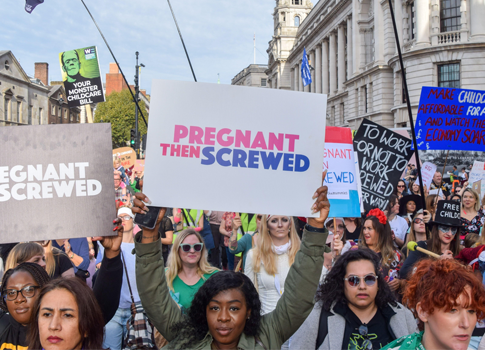Welcome to Digital Mythbusters: a series of short snippets designed to address common misconceptions within the wider industry to help everyone understand more about the multitude of different channels and capabilities that fall within the broad landscape that is “digital media”. One frequently asked question is:
“A competitor is bidding on my terms, what can I do about it?”
We are here to help you conquer the difficulty of competitor bidding.
In the majority of cases, we cannot actually prevent competitors bidding on our terms – Google and Bing permit bidding on competitors’ keywords, and the social platforms allow you to target users based on affinity with a rival competitor. That being said, if a competitor is infringing a trademark of our client and/or purporting to be offering the same goods/services without an agreement being in place to do so, then we can get these removed by contacting the relevant platform rep with relative ease. On social this extends to the removal of Facebook pages that are fraudulent, or not genuinely ours or our clients.
Beyond this, on PPC we can utilise retaliatory bidding on the competitor to increase their cost of advertising & provide a warning for them to cease their aggression. However, to do so usually leads to a negative outcome nash equilibrium bidding war whereby both ourselves and the competitor have no incentive to stop bidding on one another – and hence incur higher costs indefinitely – PPC represents a repeat iterations auction in most instances. Sometimes it is therefore better to try and ride out a competitive spike, before deciding to start a war. Specific to PPC – we could ask competitors to actively not bid on our terms. To do so in an explicit manner with any sort of written agreement in place would represent collusion to fix the auction and reduce competition (frowned upon very heavily by both Google & the EU/UK law alike).
In summary, this is not a route to be recommended and should always be shut down as an option in any discussions. The main weapon we have (as dull as it may sound) is having our best practice elements completely maximised – the better our ads & targeting, the more we are rewarded in an auction-based environment with lower average costs (for both PPC & Social). Moreover, if our ads are judged to be stronger, then competitors will be penalised with higher entry costs by the likes of Google and Facebook. If this sufficiently tips the balance of cost/benefit on their side then they may resist the urge to instigate competitive activity in the first place. Despite the above actions, the ongoing impact of Covid means it is highly likely that more companies will seek to increase their digital presence and hence increase spend on digital marketing mediums – in doing so driving up competition. Managing client expectations about the likelihood of increased competition over time is always a prudent step to take in advance and helps us to avoid tricky conversations that can occur when such a threat is realised.
Competitor bidding is hard to negotiate but now you have all the information to get out there and tackle whatever comes your way! If you’d like to explore more media mythbusting, why not check out the other pages on our mythbuster blog?






